Cases
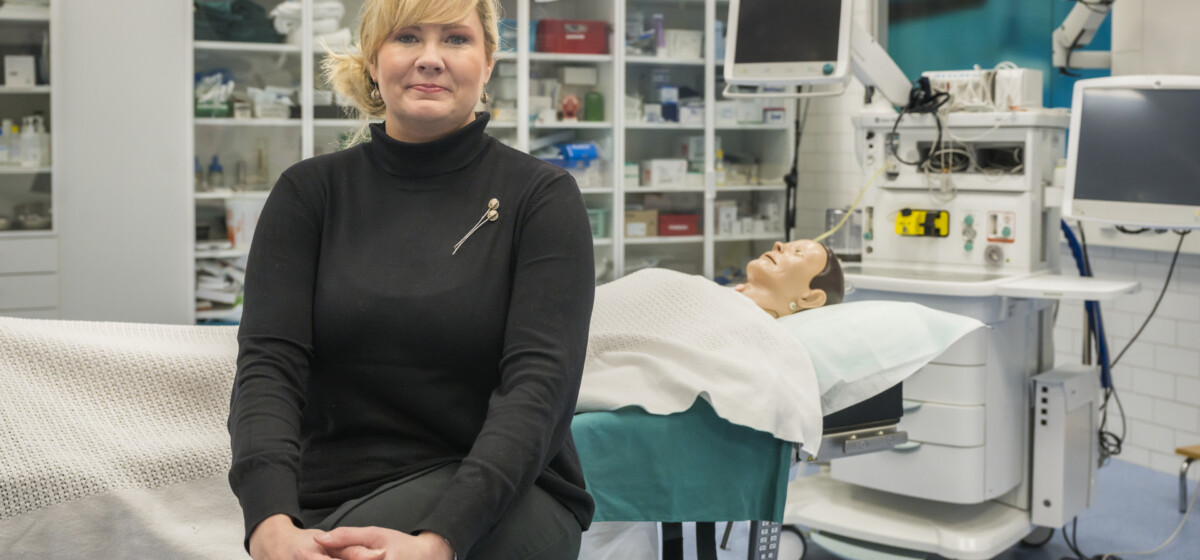
Industrial modernisation
Helsinki-Uusimaa Region provides healthcare companies testing environments and expert services
Published:
How can a company test the applicability of a healthcare solution it has developed? How to know which partners to contact?
Good news for anyone looking for a practical testing site or means to boost their clinical research. Health Proof Helsinki is a healthcare ecosystem providing one-stop-shop testing opportunities and piloting environments for companies and researchers in the fields of health and medical technology.
The Health Proof Helsinki service has been developed by the City of Helsinki, Metropolia University of Applied Sciences and Helsinki University Hospital HUS, who are providing real testing environments to the ecosystem. Solutions developed for specialised healthcare can be tested at HUS, while the City of Helsinki provides the test platforms for primary care.
Metropolia, for its part, provides the ecosystem with learning environments, such as the fully equipped Simulation Hospital on the Myllypuro campus.
This time, we are in the oral care teaching clinic called Oral Excellence, where our guide is Senior Lecturer Saila Pakarinen. She and her students work in collaboration with companies. Today we are accompanied by Mikko Kylmänen, Clinical Project Manager at Koite Health Oy, the company that developed Lumoral.
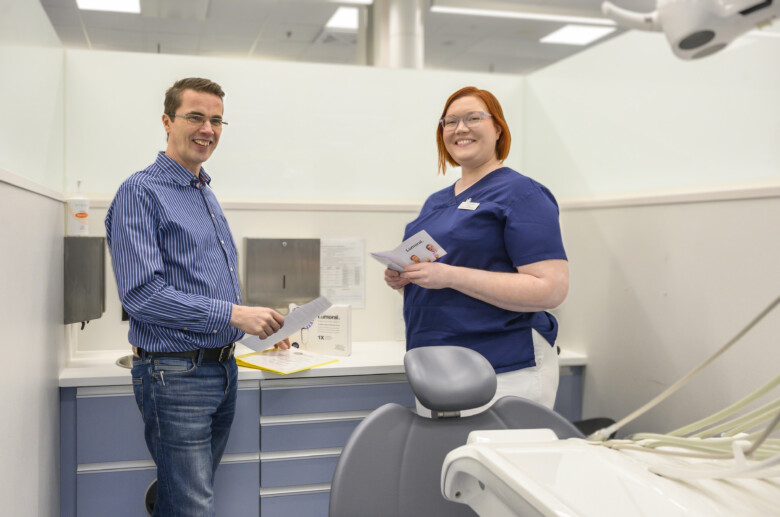
Metropolia’s oral health facilities include a genuine 26-client clinic with all the necessary equipment. It’s like being in a real dentist’s or oral hygienist’s office. The clinic also has a virtual learning environment.
Kylmänen emphasizes the importance of networks like Health Proof Helsinki and the opportunities they offer for practical testing. The company has a research agreement with Metropolia on the study of extensive periodontitis, a disease of the attachment tissue of the tooth.
The Lumoral device and its treatment is no longer an early-stage innovation, but a form of treatment for which the international market is opening up, and in some cases has already done so.
The innovation is the creation of Tommi Pätilä, a Cardiac Surgeon at HUS, who was originally looking for a way to combat oral bacteria, linked to heart diseases. Pätilä’s idea lead to the formation of an Aalto University research team, which came up with the dental self-care method to improve oral hygiene. It is effective in treating gum infections, among other things, and can reduce the need for using antibiotics.
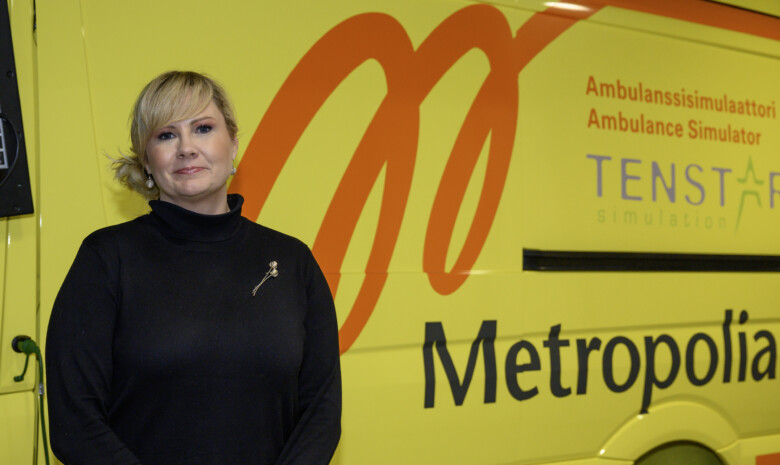
The perspectives of the three organisations
Director of Innovation Minna Elomaa-Krapu from Metropolia University of Applied Sciences says that innovations such as Lumoral are welcomed for testing and educational use in schools.
– Here, we want to boost clinical research by companies and researchers.
The Myllypuro campus is also capable of conducting other social and healthcare sector research, involving the student and researcher communities. For example, our guide Saila Pakarinen is herself a PhD researcher.
Elomaa-Krapu says that Health Proof Helsinki was inspired by the realisation that there are many companies in need of a testing environment and piloting opportunities, and that their needs are very different.
– We didn’t want to say that we couldn’t partner with them. We came up with the idea of putting our joint expertise together, so that a company in need of further research or testing opportunities could get the perspectives of three organisations in one go for its future development.
Experts from Metropolia, the City of Helsinki and HUS meet once a week to process the applications sent to the ecosystem. All of the companies receive feedback from the experts, even if there is no suitable test site available for them at this time.
The ecosystem does not provide a standard answer, as companies and their needs are always different.
Health Proof Helsinki’s whole purpose and ambitions are high. It wants to provide the metropolitan area with tools to promote people’s well-being and health. And not just in Finland, but internationally.
The ecosystem is also part of the European Union’s digital programme (Testing & experimentation facility, TEF-Health) and a partner in a nine-country consortium that is accelerating innovation in healthcare.
– Thanks to this collaboration, we are gaining EU insight of the future needs in the Helsinki-Uusimaa Region as well as attracting international companies to the region. At the same time, we are accelerating local companies’ access to test platforms in the EU,” says Elomaa-Krapu.
Health Prood Helsinki also cooperates within the Scandinavian network. International networking benefits Health Proof Helsinki companies as it can accelerate expansion and globalisation.
Elomaa-Krapu points out that the pace of technological development is fast and competition is very fierce. Conquering global markets rarely succeeds without the help of networks.
Research benefits marketing
Mikko Kylmänen explains that it took thousands of tests, designers and suitable factories to manufacture the device, before the current light combination used in the Lumoral-device was discovered.
– For us, research goes hand in hand with marketing. We are constantly gathering observations from the field.
He points out that new inventions require a huge amount of proof of concept. Not only researchers, but also the professional communities need to be convinced that the innovation under study will actually benefit the target group in practice. The greater the certainty, the better.
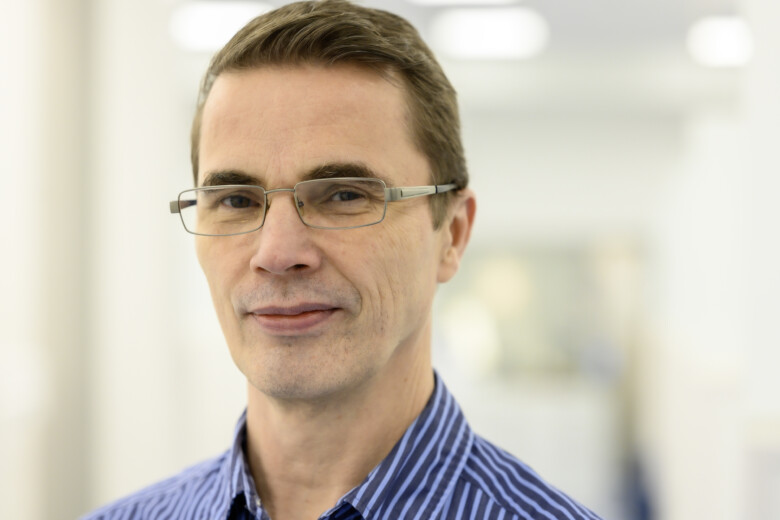
Kylmänen believes that ecosystems are important not only for development but also for raising awareness of a new product. Increased awareness makes it easier to expand into new markets.
– We need partners because we cannot do all the research ourselves. Without dentists, oral hygienists, dental nurses and students, we would not survive or get new research results.
Kylmänen explains that the methodology of clinical research is precise, which also teaches the members of the research team involved in the study.
– We have found that people in the control group are also starting to take better care of their teeth.
Kylmänen is pleased to see how much interest the new technology has attracted international interest.
– One of the best parts of my job is seeing how people in the industry want to get excited about doing more research.
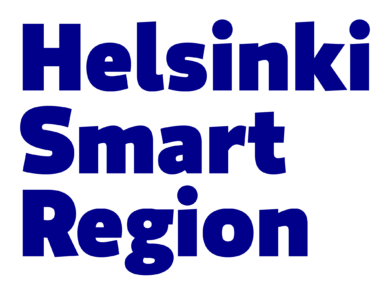






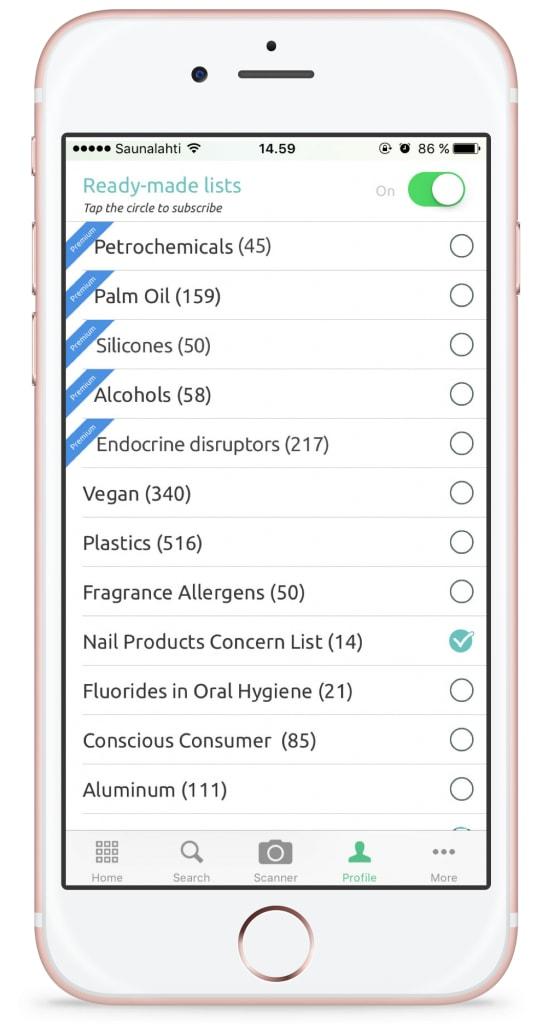
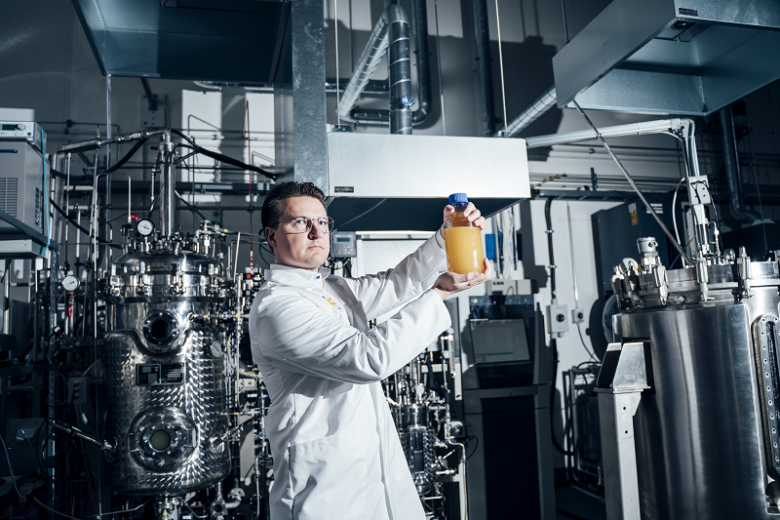
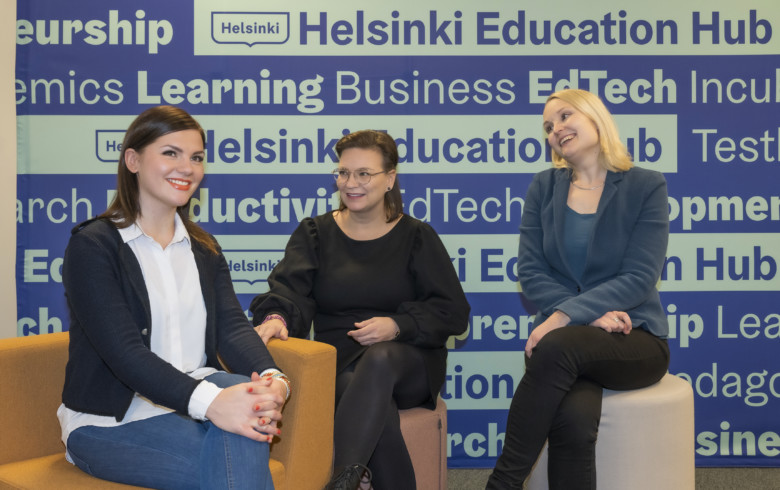
 Return to listing
Return to listing